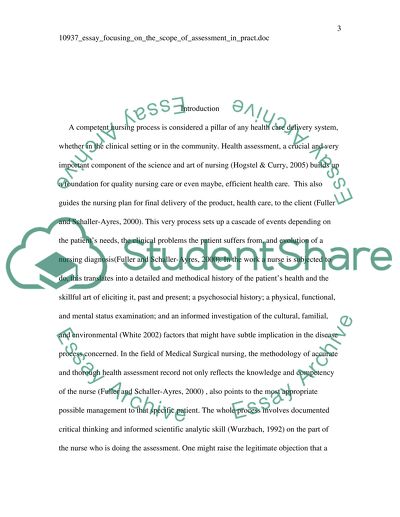Cite this document
(Health Assessment Practice in the Clinical Setting of Medical-Surgical Assignment, n.d.)
Health Assessment Practice in the Clinical Setting of Medical-Surgical Assignment. Retrieved from https://studentshare.org/nursing/1528578-medical-surgical-ward
Health Assessment Practice in the Clinical Setting of Medical-Surgical Assignment. Retrieved from https://studentshare.org/nursing/1528578-medical-surgical-ward
(Health Assessment Practice in the Clinical Setting of Medical-Surgical Assignment)
Health Assessment Practice in the Clinical Setting of Medical-Surgical Assignment. https://studentshare.org/nursing/1528578-medical-surgical-ward.
Health Assessment Practice in the Clinical Setting of Medical-Surgical Assignment. https://studentshare.org/nursing/1528578-medical-surgical-ward.
“Health Assessment Practice in the Clinical Setting of Medical-Surgical Assignment”, n.d. https://studentshare.org/nursing/1528578-medical-surgical-ward.


